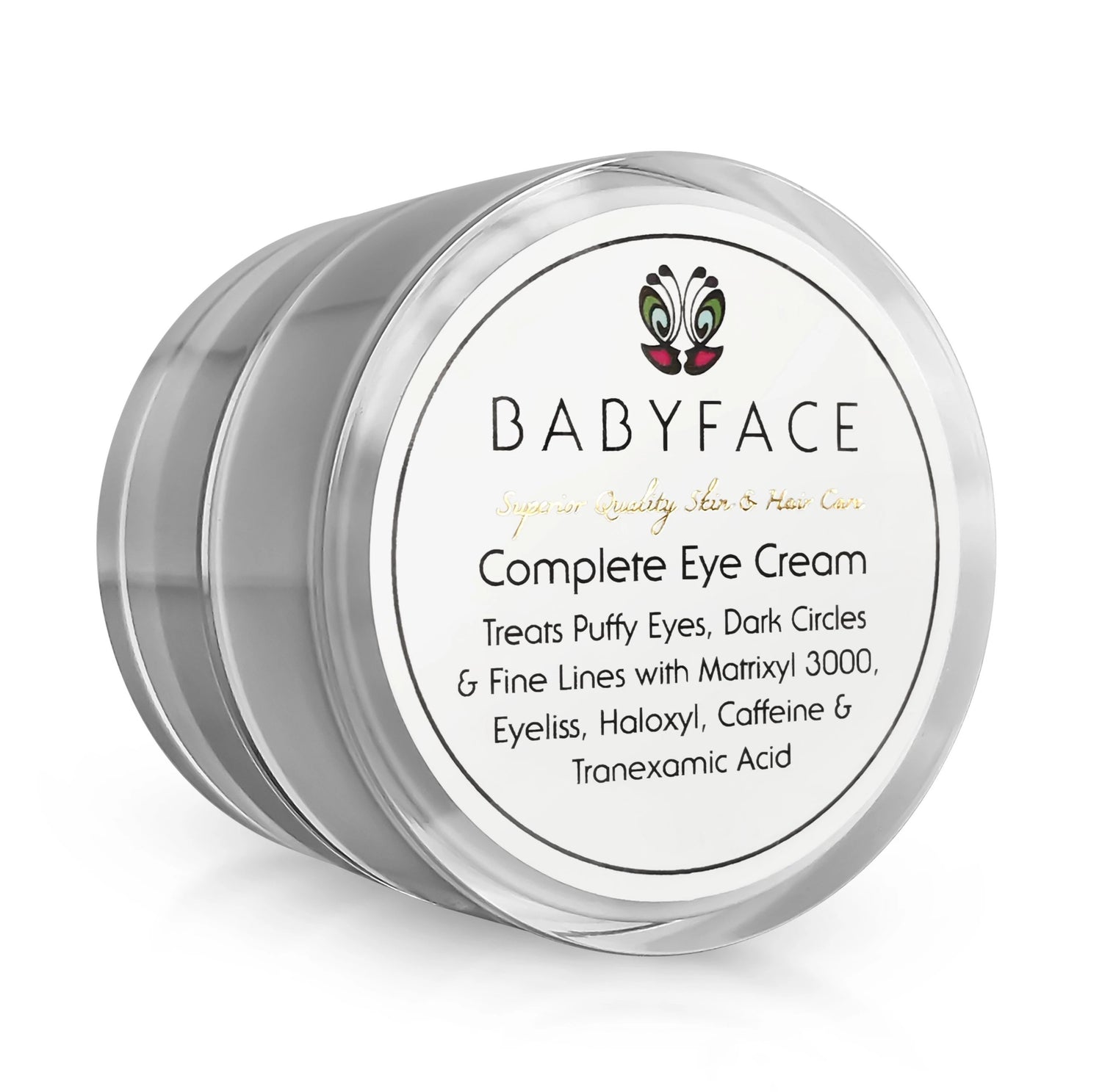Is Spicy Food Bad For Skin?
Giorgia G.Share

Is spicy food bad for skin?
A drop of hot sauce can spice up any meal and kick your metabolism into gear, but for some people, that also comes with a side of pimples and a dash of rosacea. Bummer!
To be fair, it’s not the food itself that gives you acne (or other skin woes). But it can certainly increase your chances of getting another flare-up - especially if you’re not used to eating spicy foods.
Should you quit? It depends on what camp you fall into:
Is Spicy Food Bad For Skin?
Let’s make one thing clear: spicy food is NOT a trigger for everyone. But what happens if you’re sensitive to it?
FYI, I’m not talking about allergies here. It’s totally possible to be sensitive to spicy food and not even know it. The symptoms show up on your skin, but you haven’t tracked them back to their real cause, yet.
If you’re sensitive to spicy foods, they’ll trigger inflammation and the many havocs that wreaks on your skin. Like acne, broken capillaries and flushing.
How Does Spicy Food Affect Your Skin?
Spicy foods can increase inflammation in the skin.
Inflammation itself is a totally normal process. It’s your body’s way of dealing with foreign invaders, like germs, to make them harmless.
The problems start when your skin identifies innocuous substances - like spicy foods - as enemies or prolongs its inflammatory response indefinitely. This causes all kinds of hell:
- Acne: Inflammation triggers the overproduction of sebum. The extra gets stuck in the pores, where it mixes with dead skin cells, forming clogs that leads to pimples and blackheads.
- Broken capillaries: Inflammation makes blood vessels dilate. Do this too many times and they break down.
- Flushing: Spicy foods cause blood vessels to dilate and increase blood flood. In turn, this can make your skin turn bright red, itchy and hot.
- Rosacea: Spicy foods are one of the main triggers of rosacea, leading to another red-faced flare-up.
If you’re dealing with any of these skin woes on a regular basis and you’re into your jalapeno and hot sauces, your spicy diet may be to blame.
Should You Stop Eating Spicy Foods?
If you eat hot peppers and other spicy foods regularly and your skin is in great shape, no need to get scared. Keep enjoying the heat - it obviously doesn’t bother you.
But if your skin’s prone to inflammation, acne or rosacea, or if your skin’s flaring up for no apparent reasons, it may be a good idea to cut back on spicy foods or eliminate them completely from your diet.
If it’s a special occasion and you want to treat yourself, go ahead. Just understand the risks - you may have to deal with a couple of pimples or a little flushing.
To help your skin heal faster, use products with anti-inflammatory ingredients, like niacinamide, panthenol and aloe vera. They’re all have soothing properties that can reduce redness, calm down irritations and relieve itching.
Our Redness Calming Serum has all three ingredients to reduce inflammation, acne and redness all at once.
Broken capillaries? You need Vitamin K in your skincare routine. Known for its ability to help blood clot, Vitamin K helps broken capillaries heal faster and stops blood from pooling under your skin (and give your skin that purple hue that makes you look sick and old). You can find it in our clinical strength Vitamin K Cream.
The Bottom Line
Most people can eat all the spicy foods their heart desires without any repercussions for their skin. Others are so sensitive to the heat, they can develop flushing, acne and even broken capillaries. If that’s you, cut back on spicy foods and double down on soothing skincare products that help your skin heal faster.
